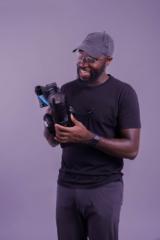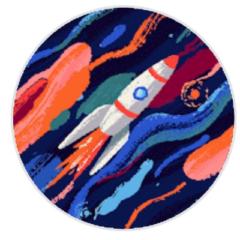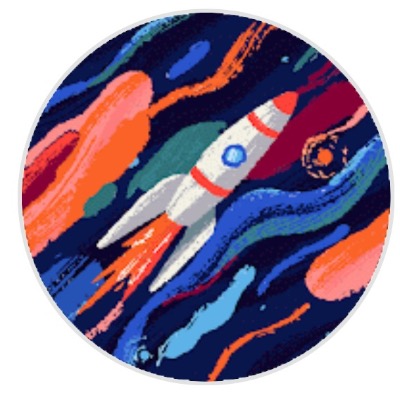Activity
Mon
Wed
Fri
Sun
Jan
Feb
Mar
Apr
May
Jun
Jul
Aug
Sep
Oct
Nov
Dec
What is this?
Less
More
Memberships
The Storytelling Room
463 members • $20/month
Story Hacker Silver
7.4k members • $7
Story Mode
30 members • Free
All-For-Care
103 members • $10/month
1 contribution to Story Mode
"ChatGPT doesn't have childhood trauma."
I came across this article that I would love to have a conversation about. Here are my thoughts and I linked the full article at the bottom as well. "Can AI enrich storytelling, or is it a threat to the human heart of the craft?" Five Key Takeaways 1. Duality of AI Acceptance AI is embraced by some writers and studios for its potential to simplify script processes, brainstorm, and explore new narrative possibilities. At the same time, others see it as soulless—incapable of capturing the lived experience that gives stories depth. 2. Legal and Creative Uncertainty As AI gains traction, legal concerns especially around authorship, ownership, and rights—are becoming more pressing, even as studios test the creative boundaries of the technology. 3. Not a Replacement, Yet AI tools are entering the process, but haven't supplanted human writers. The technology is still seen primarily as an adjunct for idea generation and format assistance. 4. The Emotional Gap Critics argue AI lacks lived, emotional understanding. Its outputs can feel hollow, prompting questions about whether machine-generated stories can truly resonate on a human level. 5. A Turning Point for Storytelling? This moment marks a crossroads: storytellers must decide whether to treat AI as a collaborative assistant or resist it in defense of purely human authorship decisions that may redefine future storytelling norms. "ChatGPT doesn't have childhood trauma." was used as a means of saying that our stories are birthed from our great emotions and, in a lot of cases, our greatest pain. What are your thoughts? Should AI be a collaborator in endeavors like writing manuscripts or screenplays? Full Article: https://www.businessinsider.com/ai-screenwriting-tools-hollywood-film-tv-studios-writers-2025-8
1-1 of 1


